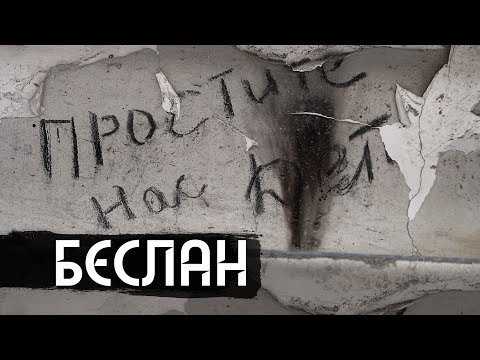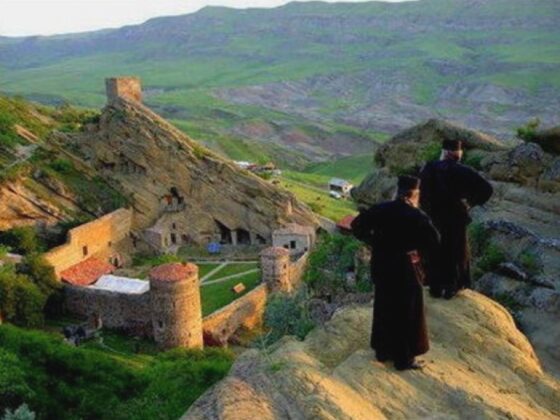(Point & Counterpoint | By Grigory Ioffe) In Belarus, disputes about national memory have intensified dramatically since 2014. Pundits argue passionately about who was and who was not a genuine Belarusian hero. While most Belarusians stay largely uninvolved, such arguments are always confined to national elites whereas “ordinary” people—and by no means just in Belarus—rather deal with their outcomes embedded in discursive norms and practices of mainstream journalism and history textbooks.
The problem is no elite consensus about the pantheon of heroes and other aspects of national identity has ever existed in Belarus. From the very dawn of the national movement in the late 1800s, two national platforms have been around. One, known as West-Rusism, has recognized Belarusian specificity only within the confines of the Russian world and leaned toward Russia. In contrast, the Westernizing platform has invoked the legacy of the Great Duchy of Lithuania and has been hostile to Russia. […]












